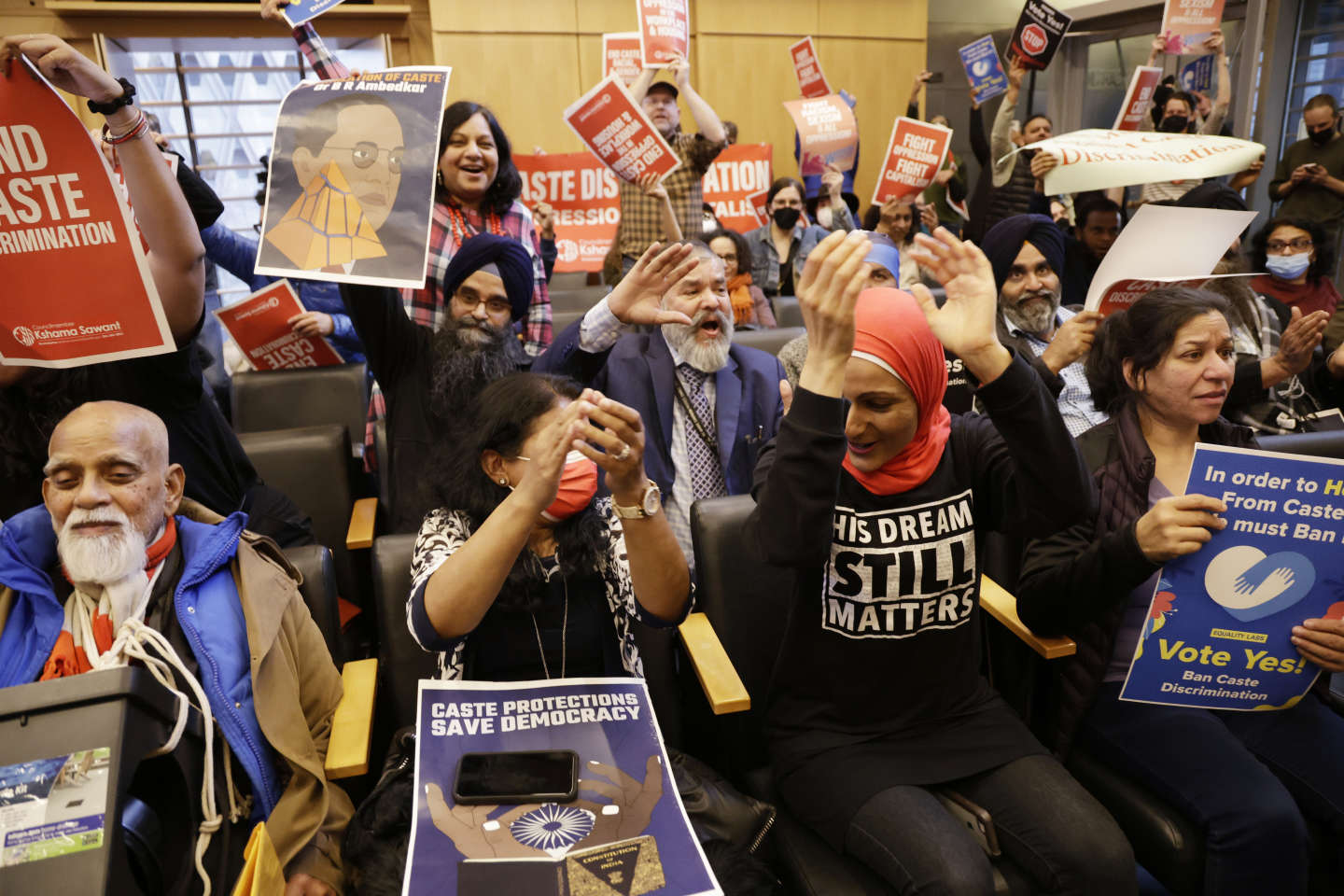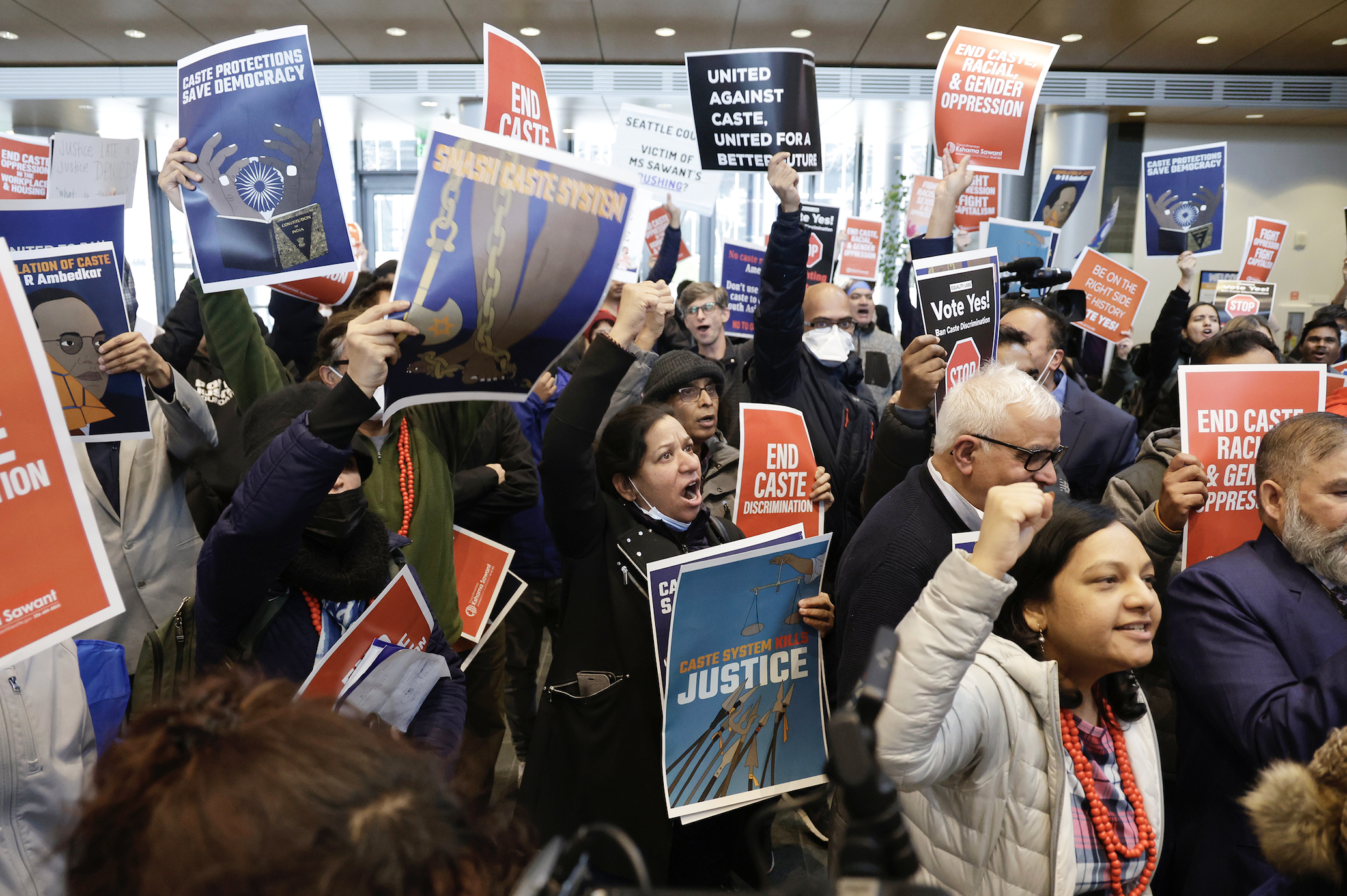DESIBUZZCanada
Events Listings
Dummy Post

International Day Of Yoga To Be Virtually Celebrated Saturday At 4pm

CANCELLED: Coronavirus Fears Kills Surrey’s Vaisakhi Day Parade

ADVERTISE WITH US: DESIBUZZCanada Is The Most Read South Asian Publication Online

SURREY LIBRARIES: Get Technology Help At Surrey Libraries

WALLY OPPAL: Surrey Police Transition Update On Feb. 26

GONE ARE THE DAYS - Feature Documentary Trailer

Technology Help At Surrey Libraries

Birding Walks

Plea Poetry/short Story : Youth Contest

International Folk Dancing Drop-in Sessions
Caste Based Discrimination Is A Reality In Canada And The US
- April 8, 2023

Inderjit And Avninder Dhillon Fined $9000 For Caste Slur By BC Human Rights Tribunal!
By Harinder Mahil
Those of us who immigrated to Canada from India know all about caste-based discrimination. Dalits face such discrimination almost daily in India. They are victims of caste discrimination even though the constitution of India Prohibits Discrimination on the grounds of religion, race, caste, sex or place of birth.This discrimination goes on despite the fact there are several laws in India that protect every person's right to be treated equally.
But caste-based discrimination is also practiced in western societies such as Canada and the US. The issue of caste-based discrimination has been in the news in Canada and the US over the last few weeks.

The Seattle City Council in Washington state became the first in the US last month to specifically ban caste-based discrimination.The Seattle City Council passed an ordinance by a vote of 6:1.After the vote, caste became one of the categories along with others like race and gender which cannot be the basis of discrimination in Seattle. According to CityCouncillor Kshama Sawant, who led the efforts for the ban, the banning of caste discrimination by Seattle local government is an “extraordinarily historic victory” of the oppressed castes across the world.
Toronto’s public-school board has become the first in Canada to take a historic step in banning discrimination based on caste.The Board recently voted 16-5 in favour of asking the Ontario Human Rights Commission to assess and provide a framework for addressing caste oppression in public education.

It appears that California may become the first state in the US to outlaw caste-based discrimination. State Senator Aisha Wahab introduced a bill recently which adds caste as a protected category in the state’s anti-discrimination laws. Wahab has stated that caste discrimination is “a social justice and civil rights issue.”
Two weeks ago, the B.C. Human Rights Tribunal awarded more than $9,000 to Manoj Bhangu, who was the victim of caste-based discrimination. In a decision issued March 15, the tribunal found that Bhangu had been discriminated against based on his ancestry, place or origin, religion and race.

Bhangu was able to prove that Inderjit and Avninder Dhillon had uttered a casteist slur during an altercation at a Christmas party in 2018. Although caste is not a ground in the BC’s Human Rights Code, the Tribunal member concluded that Bhangu’s place of origin, ancestry, race, and religion, were factors in the discrimination he suffered. In her reasons she described how she treated the terms place of origin, ancestry, race, and religion. She found that “Mr. Bhangu’s ancestry involves him being a person from the Slur caste.” This is a precedent setting decision by the BC Human Rights Tribunal. This means that caste-based discrimination can now be dealt with under the grounds of place of origin, ancestry, race and religion.
These are all positive developments which strengthen a person’s right not to be discriminated against on the basis of his or her caste in Canada and the US. I hope that there would be no need for someone to file a complaint to protect his or her human rights. This will only happen when we start treating everyone with dignity and respect irrespective of the person’s ancestry, race, caste or gender.
Harinder Mahil is human rights activist and is president of the West Coast Coalition Against Racism (WCCAR).












